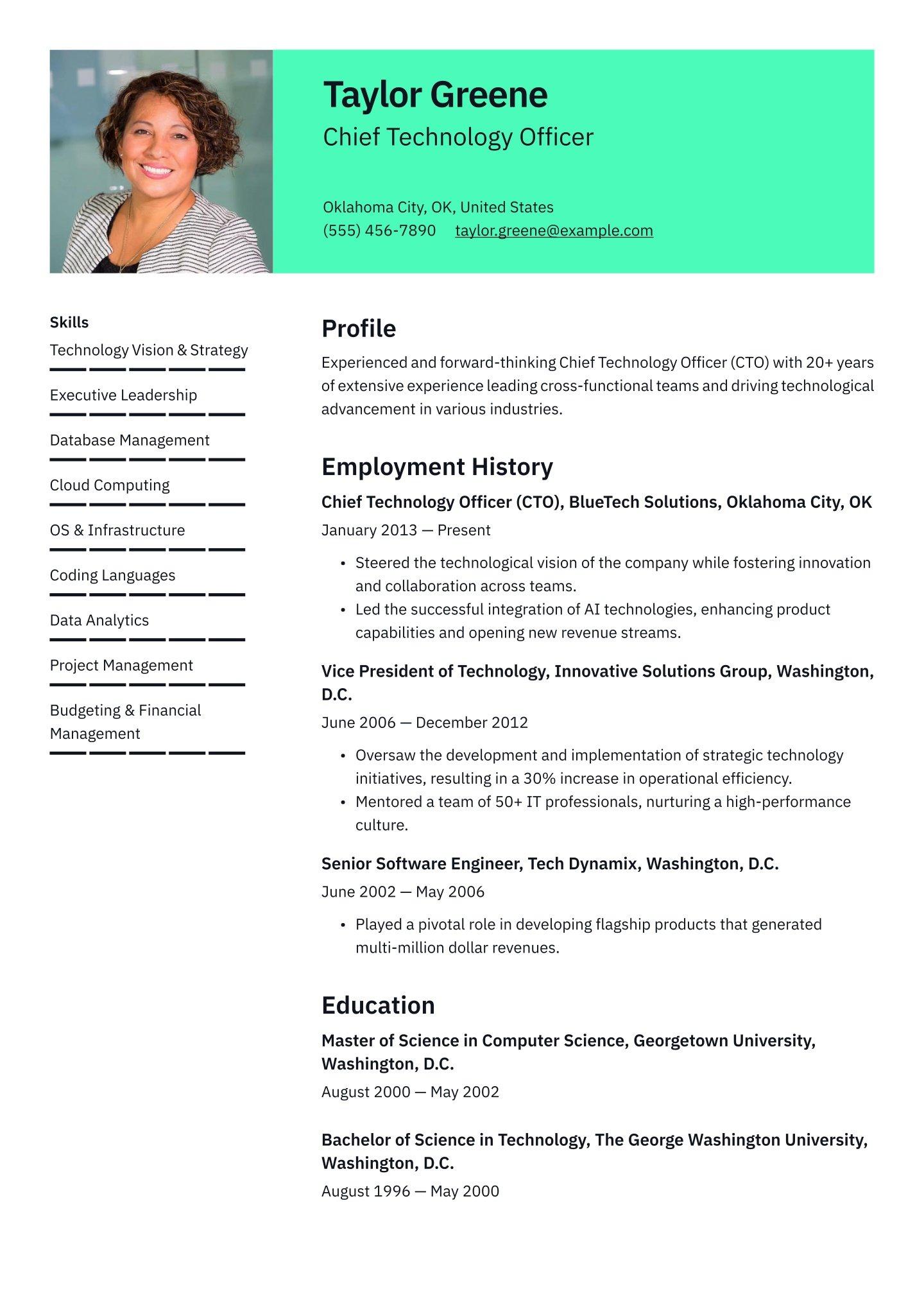Chief Technology Officer (CTO) Education: Essential Qualifications, Skills, and Career Pathways
Introduction
The world of education is rapidly transforming through the integration of advanced technologies in classrooms, offices, and campuses. For universities, colleges, and schools aiming to thrive in modern times, the role of a Chief Technology officer (CTO) in education technology has never been more critical. If you’re a job seeker aspiring to shape institutional EdTech strategies, this comprehensive guide will help you understand the qualifications, skills, and career pathways to become a accomplished CTO in education. Whether you’re an IT professional, an educator, or someone passionate about technology and learning, this article offers actionable insights to set you on the right path.
What Does a Chief Technology Officer (CTO) in Education Technology Do?
A CTO in education technology oversees the design, implementation, and management of digital infrastructure and learning technology initiatives within academic institutions. Their focus is both strategic and operational, blending technical leadership with educational vision.
- Developing and maintaining robust IT infrastructure for schools, colleges, and universities
- Leading digital change projects to improve learning outcomes
- Ensuring cybersecurity and compliance with education standards
- Managing technology teams and fostering staff development
- Initiating partnerships with EdTech vendors and solution providers
- Supporting faculty and administrative staff with technology training
Ultimately, the CTO is the driving force behind the educational institution’s technology vision, ensuring it aligns with overarching academic goals.
Essential Qualifications for a CTO in Education Technology
Academic Background
- Bachelor’s degree in Computer Science, Facts Technology, Educational Technology, or a related field
- Master’s degree frequently enough preferred, especially in technology Management, MBA, or Education Leadership
- Continuous professional development through higher education or specialized EdTech courses
Certification & Specialized Training
- Industry certifications (e.g., CISSP, PMP, ITIL) demonstrate technical leadership
- EdTech-focused credentials such as Certified Educational Technology Leader (CETL)
- Training in data privacy, compliance, accessibility, and instructional design
Experience
- Significant (7-10 years) experience in IT management, preferably within educational environments
- Previous leadership roles in project management, digital innovation, or systems architecture
- Experience developing and implementing technology policies in colleges or schools
Key Skills for CTOs in Education technology
To excel as a Chief Technology Officer in education, you must blend advanced technical proficiency with strategic organizational abilities.Below are the most sought-after skills:
Technical Skills
- Systems architecture,network management,and cloud computing
- Knowledge of LMS (Learning Management Systems),SIS (Student information Systems),and other EdTech platforms
- Cybersecurity expertise: risk management,data protection,FERPA compliance
- software development pipelines and DevOps practices
- Understanding of AI,AR/VR,and analytics in educational contexts
Leadership & Management Skills
- Strategic planning and digital transformation leadership
- Team building,mentoring,and staff development
- Project management: budgeting,resource allocation,time management
- Vendor negotiation and partnership management
Interpersonal & Communication Skills
- Ability to explain complex tech concepts to non-tech stakeholders
- Collaboration with academic leadership,faculty,and administrative teams
- Policy formulation and technology advocacy through clear communication
Career Pathways to Becoming a CTO in Education Technology
Early Career Steps
- Start in roles such as IT Support Specialist,Systems Administrator,or EdTech Coordinator
- Gain experience in academic environments and understand their unique challenges
- Proactively seek opportunities to lead technology projects and drive digital initiatives
Mid-level Progression
- Promote to IT Manager,Technology Director,or Lead EdTech Specialist
- Take charge of implementing major systems like new LMS,ERP,or network upgrades
- Attend leadership development programs and gain exposure to institutional strategy
Senior Leadership & CTO Track
- Hold titles such as Deputy CTO,CIO,or Head of Technology Operations before advancing to CTO
- Showcase a track record of successful project delivery,innovation,and institutional impact
- Network with academic leaders,present at conferences,and keep up with EdTech trends
Successful CTOs often combine technical mastery with visionary leadership,proven results,and a passion for educational advancement.
Benefits of Working as a CTO in Education Technology
- opportunity to shape the future of learning through innovative technology adoption
- competitive compensation packages, including executive-level pay and benefits
- Career advancement to C-suite positions such as CIO or VP of Technology
- Influence student success and institutional prestige via strategic EdTech decisions
- Personal fulfillment from solving meaningful challenges in education
Practical Tips for Aspiring CTOs in Education
- Expand your expertise: Stay updated on the latest EdTech trends, cybersecurity threats, and emerging digital learning tools.
- build a robust professional network: Join education technology associations, attend conferences, and collaborate with peers.
- Cultivate soft skills: Communication, negotiation, and stakeholder engagement are critical for leadership success.
- Develop a portfolio: Showcase EdTech projects you’ve lead, solutions you’ve implemented, and measurable outcomes.
- Pursue continuous education: More institutions are seeking CTOs with advanced degrees and credentials relevant to digital leadership in education.
Conclusion
The role of Chief Technology Officer (CTO) in education technology is dynamic, rewarding, and influential, sitting at the intersection of learning and innovation. By acquiring the right qualifications, developing a broad yet deep skillset, and following strategic career pathways, you can propel yourself into this high-impact leadership role in universities, colleges, or schools. The journey requires continual learning and a passion for digital transformation, but it rewards those dedicated to advancing education through technology. If you aspire to make your mark as a CTO in education, start building your expertise today and set your sights on shaping the future of academic technology.

